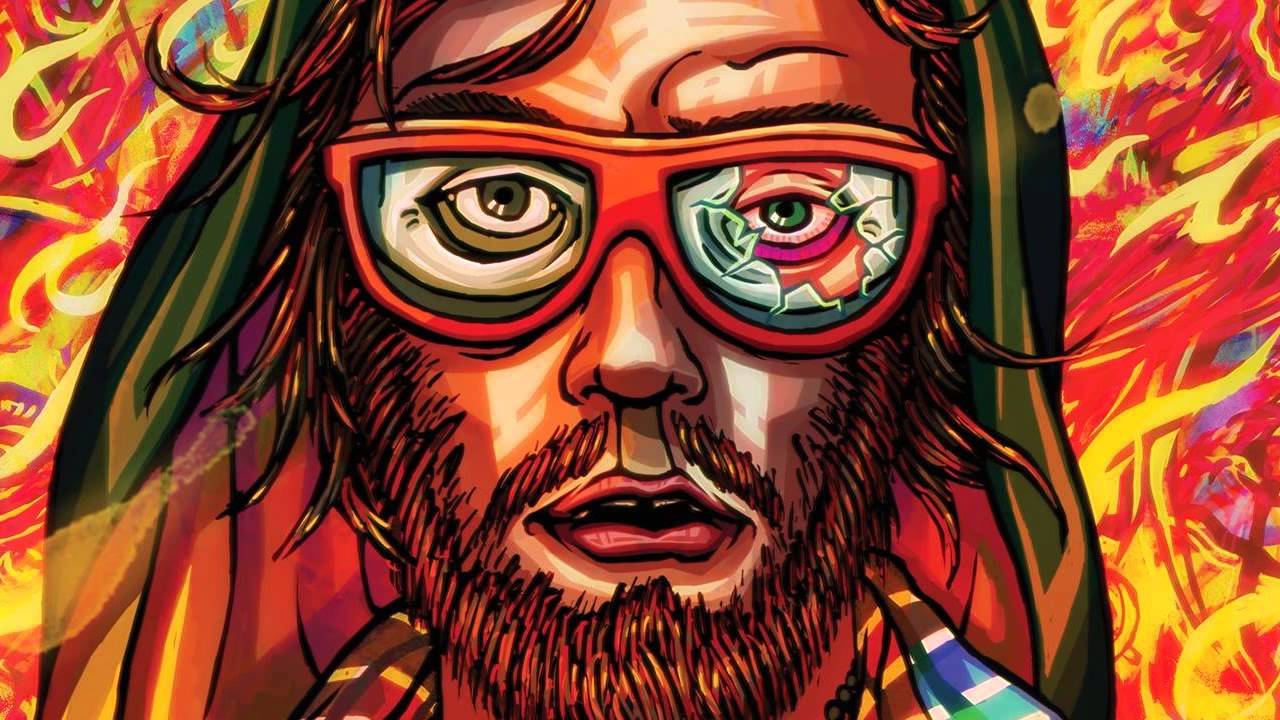Devolver Digital co-founder: If games are like drugs, 'let's offer people psychedelics'
Mike Wilson wants game makers to ensure they're only dealing the good stuff.

Are videogames addictive? There's been a lot of talk on that topic in recent years. The World Health Organization seems to think they are, plenty of others have doubts. Devolver Digital cofounder Mike Wilson isn't sure, but he doesn't dismiss the idea out of hand: He said during the recent Reboot Developer Red conference (via GamesIndustry) that game makers are essentially the digital equivalent of drug companies (and dealers), and that they need to handle that role responsibly.
"We're feeding the country, we're feeding the world, and we choose what we put into our creations—which are often the result of what we've been fed," he said. "We are the pharmaceutical companies."
"We're where people are turning in their most vulnerable moments; when they're feeling their lowest, or they're feeling like a piece of shit, or life isn't working out as it should, because we live in this winners and losers society that is based on all kinds of things that are almost impossible to achieve for young people now."
Wilson made it clear that he wasn't professing to have the answers, but that he simply wants developers to be "a little bit more intentional" about what they're doing.
"Whether you think these are drugs—and by the way, I'm not against drugs at all—but if we're going to be drug dealers, let's offer people psychedelics," he said. "Let's offer people something that's going to help them expand and grow. Let's not offer them crack-cocaine. Let's not offer them meth. Let's not literally mine for addicts."
He also made the point that game delivery is as important in this context as actual game content. Noting that dealers and pharmaceutical companies "would never use terms like 'user acquisition' and 'monetization'" (which is debatable, maybe those exact words don't flow but "the first one is always free" is a powerfully adaptable adage), he called on the industry as a whole to be less predatory in how it sells its product.
"Are we, collectively, gonna get our shit together and be intentional about what we're feeding our friends, ourselves, the general public, young people at their most vulnerable state? Then who's going to do that?" he said. "Are we gonna leave it to the casino bosses? Are we gonna leave it to the people talking about user acquisition and monetization? Are we gonna try and compete in that game?"
The biggest gaming news, reviews and hardware deals
Keep up to date with the most important stories and the best deals, as picked by the PC Gamer team.
Big game publishers have made moves to tone down the prevalence and impact of loot boxes in recent months, but not out of any sense of moral imperative: Governments and regulatory agencies in the US, Europe, and elsewhere in the world have recently (and forcefully) suggested that if game makers don't do something to rein in the worst of their monetization impulses, they'll have it done for them.
After GamesIndustry's report on his address went live, Wilson made this clarification on Twitter:
https://t.co/Ii1W97ROLt pic.twitter.com/tX5QSsy5brNovember 4, 2019

Andy has been gaming on PCs from the very beginning, starting as a youngster with text adventures and primitive action games on a cassette-based TRS80. From there he graduated to the glory days of Sierra Online adventures and Microprose sims, ran a local BBS, learned how to build PCs, and developed a longstanding love of RPGs, immersive sims, and shooters. He began writing videogame news in 2007 for The Escapist and somehow managed to avoid getting fired until 2014, when he joined the storied ranks of PC Gamer. He covers all aspects of the industry, from new game announcements and patch notes to legal disputes, Twitch beefs, esports, and Henry Cavill. Lots of Henry Cavill.

